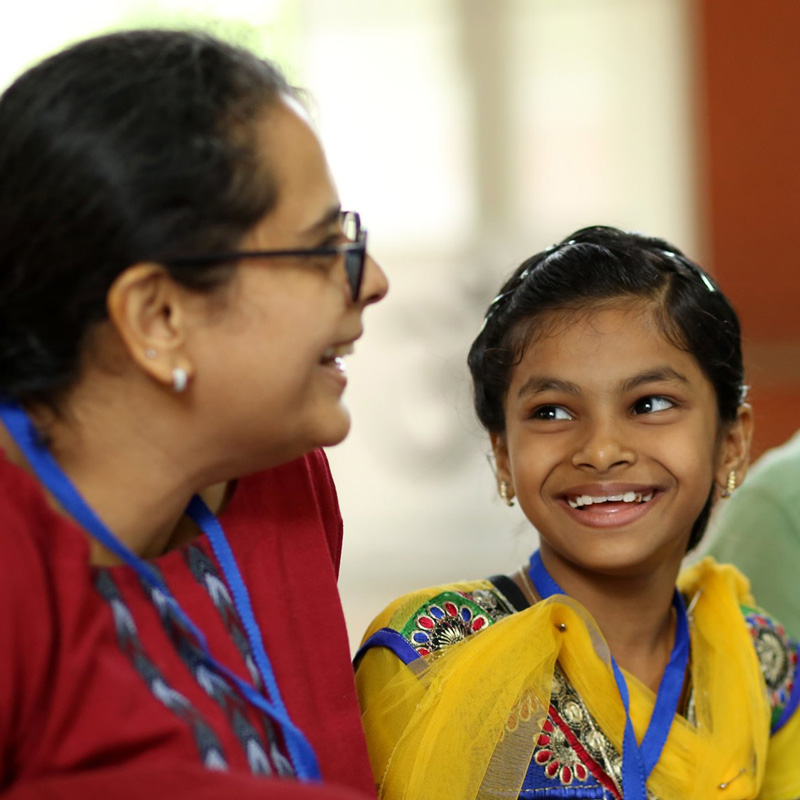Adapting the Learning to Live Together Programme for Children Aged 6 to 11
Creating transformative learning experiences for children to flourish and develop to their fullest potential
We envision educational experiences where children are actively engaged in their own learning process and encouraged through safe and empowering learning environments and methodologies that foster the agency of the child and their interconnectedness with one another.
Throughout the year, Arigatou International Geneva, with the support of GNRC members, carried out a series of seven pilot workshops within the framework of the adaptation of the Learning to Live Together manual to middle childhood years.
While the original manual is intended for children between 12 and 18 years of age, this new publication will focus on children aged 6 to 11.
After mapping and analyzing past experiences of partners using the Programme with children from this age group, a working group of experts was established to give advice and inputs to the process. The adaptation is following a collaborative and participatory approach, engaging in dialogue with groups of scholars, pedagogues, educators and religious leaders, and always keeping children’s participation at the heart of the process.
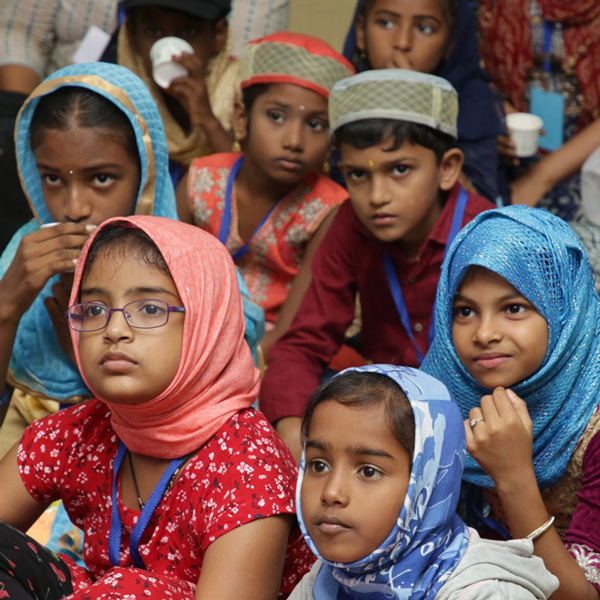
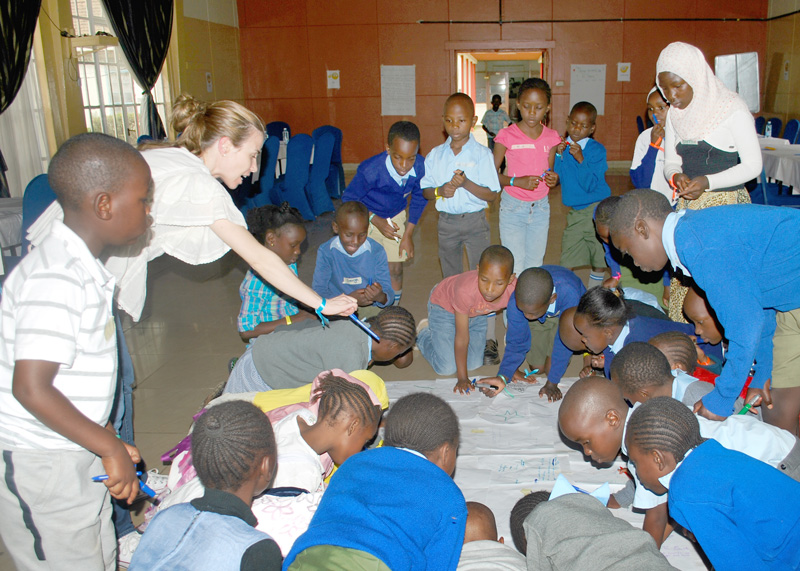
The pilot workshops allowed children to voice their needs and share about their realities and the challenges they face, as well as their dreams and ideas.
The experience revealed valuable information on how we can better support educators and teachers to work with children in this age range.
Following the key conceptual areas of the Learning to Live Together manual, the pilot workshops further explored its educational approach and other relevant topics that are critical during these ages such as emotions, connection with nature, friendship and discovery of the world.
Children learned how to identify their emotions and gained tools to positively manage them. They were also encouraged to share and reflect on their roots and connectedness with other beings.
The pilots also included activities that addressed the issues affecting them in their communities such as violence, and looked into particular challenges and protective elements that children may experience and find in each location.
Six of the seven pilot workshops were preceded by a stakeholders’ meeting, bringing together 175 participants from 45 different institutions, including religious leaders, educationalists, child protection experts, and other partners. During these meetings, participants discussed children’s needs in each country, reflected on the importance of interfaith and intercultural learning and ethics education, and explored ways to introduce the Programme in formal and non-formal educational settings.
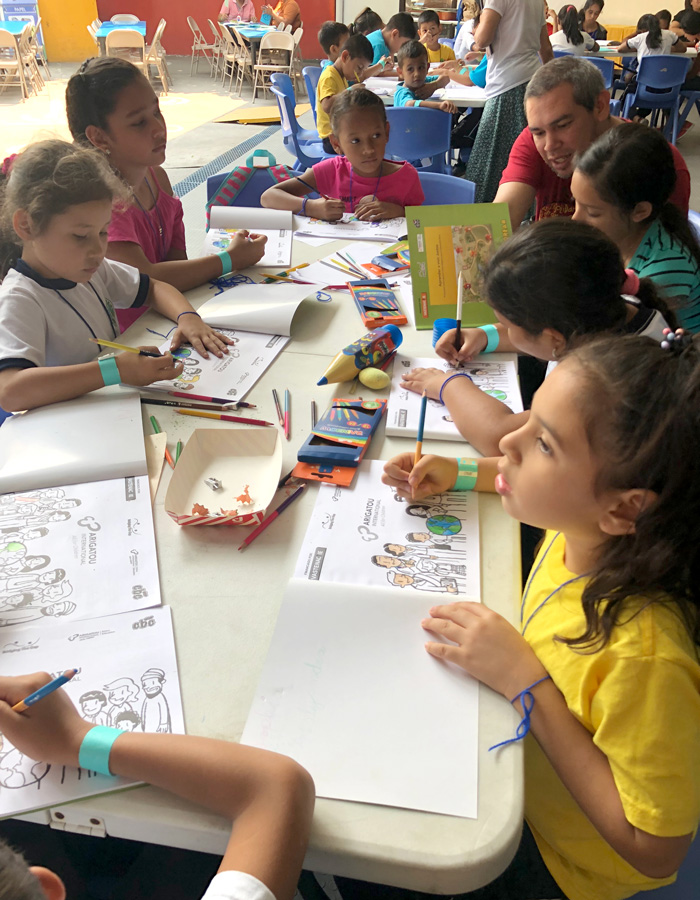
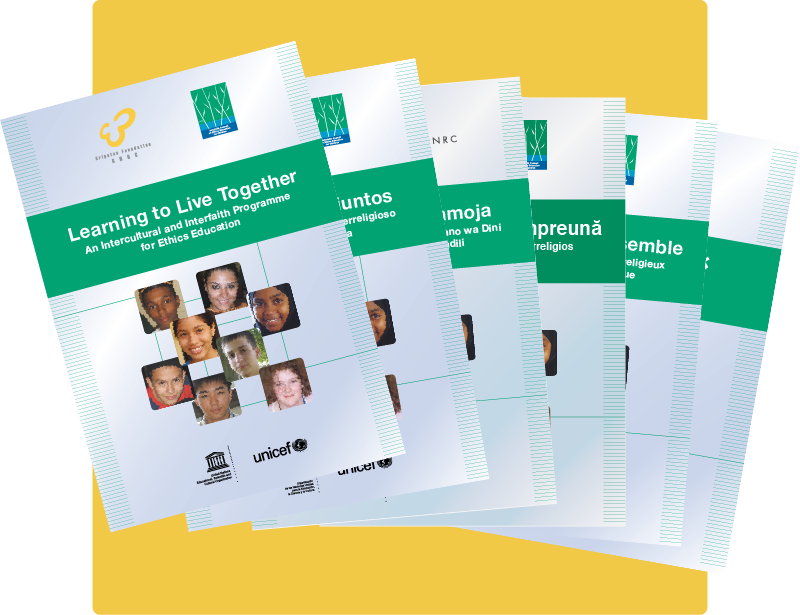
The group of experts met on 18 and 19 October 2019 to discuss the progress and lessons learned from the pilot workshops, provide guidance for the next steps and further explore issues related to ethics, spirituality, and interfaith and intercultural learning in middle childhood, based on the findings of the pilot workshops and the reflections from different disciplines and perspectives.
The adaptation of the manual to middle childhood years is being made possible through a grant from Smartpeace Foundation in Switzerland. The manual is expected to be launched in English and Spanish during the first quarter of 2021 and will be accompanied by a guide on how to use the manual to support the creation of safe schools and safe learning environments.
We hope that this adaptation can help us bring ethics education for children to a broader age-range, and we trust that nurturing ethical values and spirituality earlier in life can make a difference in the lives of children, their families and their communities.
Ethics Education in the Middle Childhood Years
The years from 6 through 11 are a time of important developmental advances that establish children’s sense of identity. During these years, children make strides toward adulthood by becoming more competent, independent, self-aware, and involved in the world beyond their families. Research shows that a child’s overall health and well-being during middle childhood affects their ability to concentrate and learn, develop and maintain friendships, and navigate thoughtful decision making.
Ethics education programs can provide critical support by helping to nurture their critical thinking and spirituality and providing them with opportunities to explore relationships with others, challenge their prejudices and stereotypes, and learn collaborative skills.
